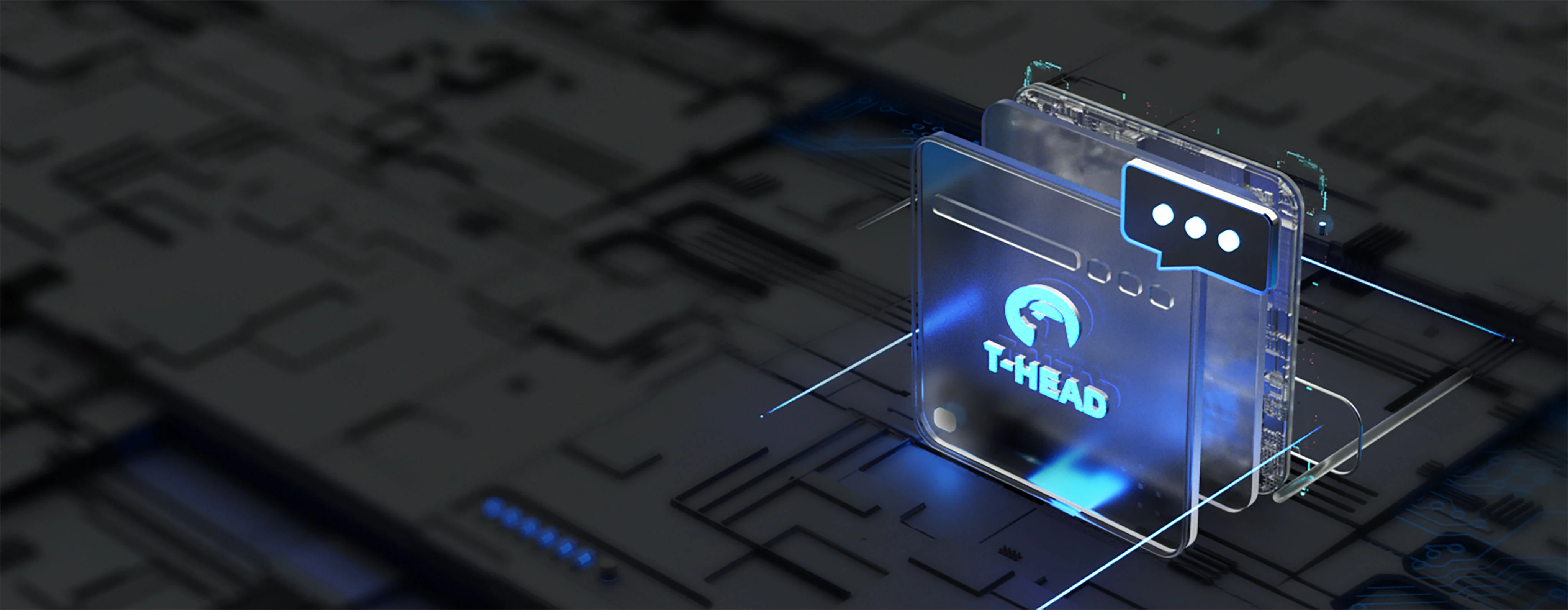By Wency Chen
Copyright scmp

Alibaba Group Holding’s semiconductor design unit, T-Head, has developed an artificial intelligence chip with capabilities that are on par with Nvidia’s H20 graphics processing unit (GPU), according to a report by state broadcaster China Central Television (CCTV).
The report, which aired on Tuesday, showed T-Head’s PPU, an application-specific integrated circuit, being compared with Nvidia’s H20 and A800 GPUs in a performance benchmark during Premier Li Qiang’s visit to a data centre operated by China Unicom in northwestern Qinghai province.
Li was briefed by China Unicom on the use of mainland-developed chips in the telecommunications network operator’s infrastructure.
This marked the first time that Alibaba’s proficiency in semiconductor design was highlighted in a state broadcast, which offered fresh evidence that Chinese developers are designing advanced chips that could replace imports like Nvidia’s GPUs. Alibaba owns the South China Morning Post.
Alibaba’s Hong Kong-listed shares closed 5.28 per cent higher at HK$161.60 on Wednesday, as the CCTV report seized the market’s attention.
The footage aired by CCTV showed a chart that compared a number of locally designed AI accelerators with Nvidia’s two GPUs, which were tailored for China to comply with US tech export restrictions.
T-Head’s PPU card, which had 96 gigabytes of high-bandwidth memory per unit, matched Nvidia’s H20 and surpassed Huawei Technologies’ Ascend 910B, according to the CCTV footage. Alibaba’s PPU card also featured chip-to-chip bandwidth of 700 gigabytes per second, high-speed Peripheral Component Interconnect Express standard, which connects hardware components within a computer; and a 400-watt power consumption, which was lower than what the H20 needed.
Another chart shown on the broadcast listed China Unicom’s contracts with four domestic chip providers, which totalled 22,832 cards that provided 3,579 petaflops, a measure of computing speed. A petaflop is equal to 1,000 trillion calculations per second.
T-Head’s PPU cards accounted for 16,384 units, which provided 1,945 petaflops.
The other suppliers to China Unicom were MetaX, a GPU start-up that collaborates with the Chinese Academy of Sciences; Biren Technology, a Shanghai-based AI chip designer; and Zhonghao Xinying Technology, founded by former Google tensor processing unit engineer Yanggong Yifan.
Other chip suppliers mentioned in the CCTV report as potential partners included Tecorigin, a company based in Wuxi in eastern Jiangsu province, as well as Moore Threads Technology and Tencent Holdings-backed Enflame.
China’s growing number of mainland AI chip suppliers gave credence to Alibaba CEO Eddie Wu Yongming’s assurance during the firm’s earnings call last month that the company had prepared “backup plans” to secure AI chip supplies amid US restrictions and heightened geopolitical tensions.
China’s demand for high-performance computing has grown rapidly alongside the expansion of AI development projects. This has prompted local governments and telecoms network operators to invest in large-scale data centres for AI-related projects.
Li visited China Unicom’s 2.77 billion yuan (US$389 million) Sanjiangyuan Green Energy Intelligent Computing Centre, which broke ground in August 2024. It covers an area of 5.3 hectares, where the facility will be built in four phases and provide a total capacity of more than 20,000 petaflops when completed, according to a report by the local Qinghai Daily.



